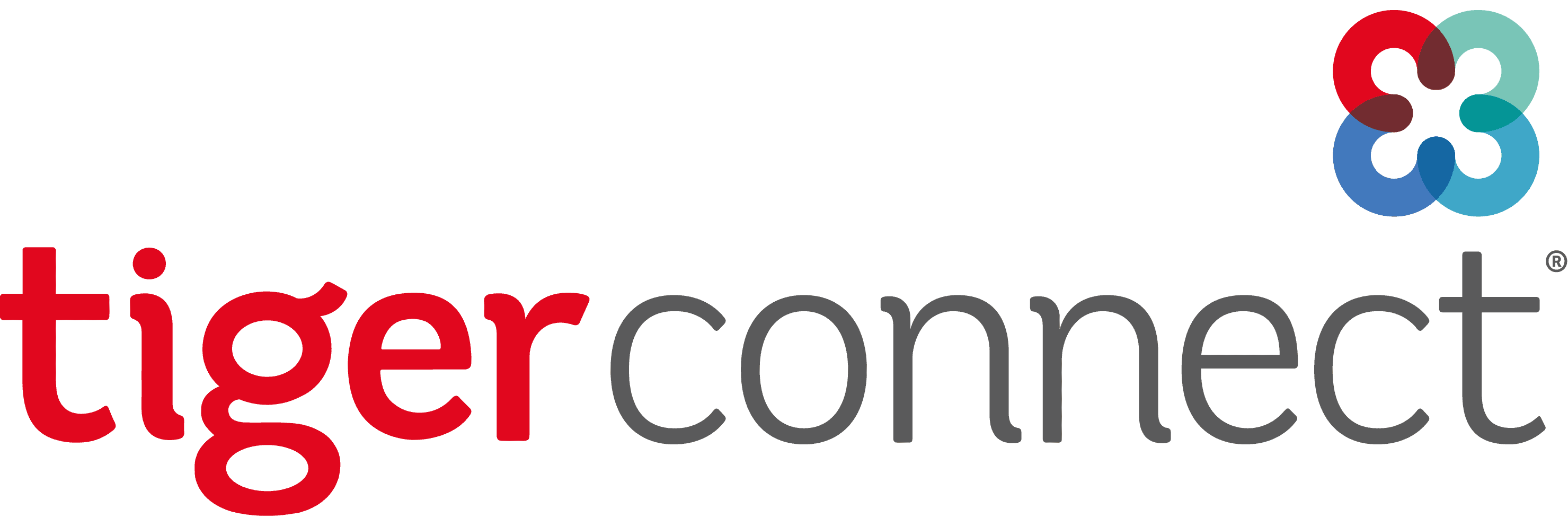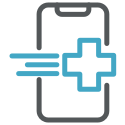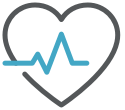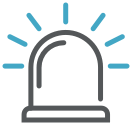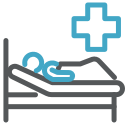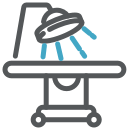Why is Nursing Informatics Important?
Nursing Informatics integrates nursing, computer and information sciences to support the identification, collection, processing, and management of data and information that nurses use to develop knowledge, educate patients and their families and administer effective patient care.
As professions in healthcare become increasingly specialized, individual patients engage with teams of healthcare providers, all of whom provide different services and separately update the patient’s electronic medical records. To provide safe and consistent patient care, nurses require timely access to patient information that includes recently undergone procedures, medical background, lists of prescribed medications, records of medication administration, laboratory and imaging results and more.
With timely access to information, nurses can enhance patient safety by reducing medical errors, eliminating duplicate procedures and reducing delays in the patient care process through more streamlined clinical communications. In the past, nurses who developed expertise in informatics were known as nurse informaticians. Today, there is an increasing demand for all nurses to develop the basic competencies of nursing informatics and incorporate them into daily practice.
